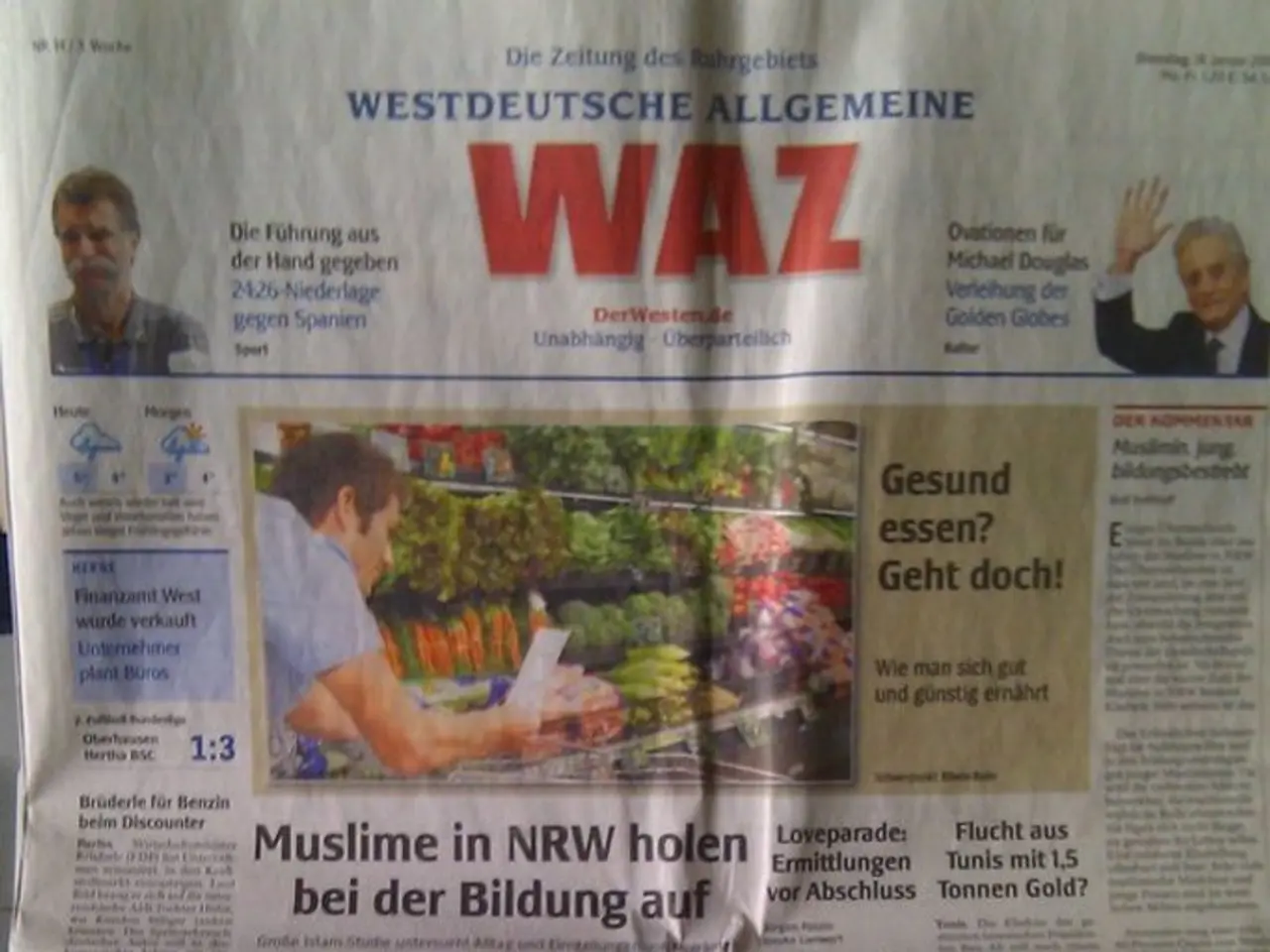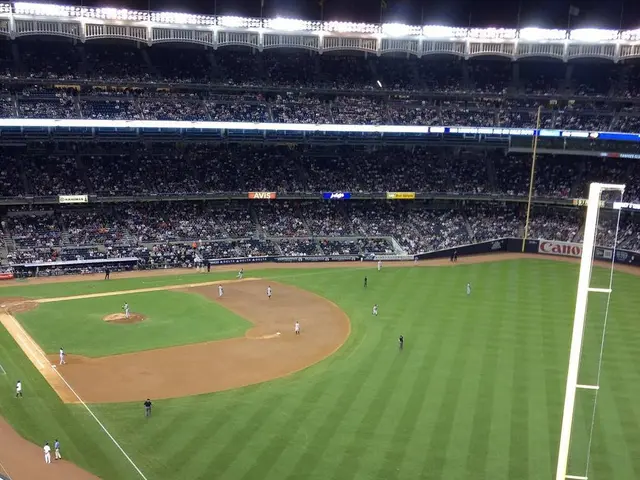ISCAP Appeal Document 2 (2014-048)
The John. F. Kennedy Presidential Library recently released information regarding a declassification decision made by the Interagency Security Classification Appeals Panel (ISCAP) concerning a Top Secret telegram sent on March 14, 1963.
The telegram, identified as Telegram 11293, was originally classified under the Top Secret classification due to the sensitive nature of its contents. It consists of one page and was sent during the Cold War period, a time of heightened international tensions and intense national security concerns.
ISCAP was tasked with reviewing the decision to maintain the Top Secret classification of the telegram in response to a declassification request. The panel assessed the telegram under Executive Order 13526 § 3.3(b)(1), which protects information that could reasonably be expected to cause identifiable or describable damage to the national security.
The telegram was found to contain information protected under the 50X1 classification exemption, which safeguards intelligence sources and methods. The panel also determined that disclosure of this information could cause damage to national security. As a result, ISCAP upheld the Top Secret classification, ensuring the protection of vital intelligence interests.
This decision underscores the importance of safeguarding intelligence methods and sources, even decades after the information was created, to protect ongoing intelligence operations or assets. It also demonstrates ISCAP's rigorous enforcement of classification standards, balancing transparency with national security.
The case serves as a precedent on declassification review, particularly concerning intelligence information protected under 50X1. It ties back to delicate Cold War contexts, where revealing such information could have compromised U.S. efforts or allies.
The telegram's contents remain classified, emphasising ongoing challenges in the balance between historical transparency and protection of sensitive intelligence that, despite the passage of time, remains sensitive. For more details or specific excerpts from the telegram or the appeal decision, those are held in government classification and might require formal FOIA/MDR requests or access through official channels.
For further information, please contact: [email protected]. The classification category for this case is E.O. 13526 §§ 3.3(b)(1) as 50X1, and the ISCAP declassification decision is that the document remains classified in its entirety.
Read also:
- Weekly happenings in the German Federal Parliament (Bundestag)
- Southwest region's most popular posts, accompanied by an inquiry:
- Discussion between Putin and Trump in Alaska could potentially overshadow Ukraine's concerns
- Massive 8.8 earthquake hits off the coast of Russia's Kamchatka Peninsula, prompting Japan to issue a tsunami alert.





